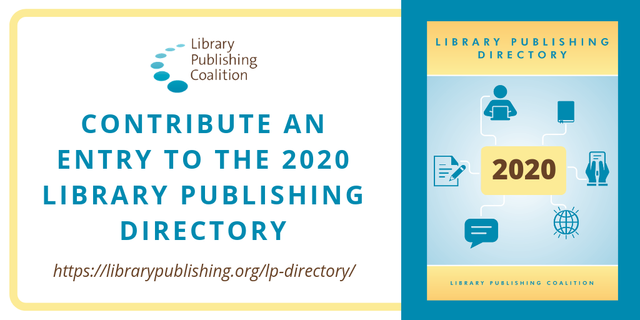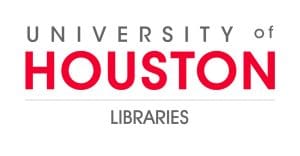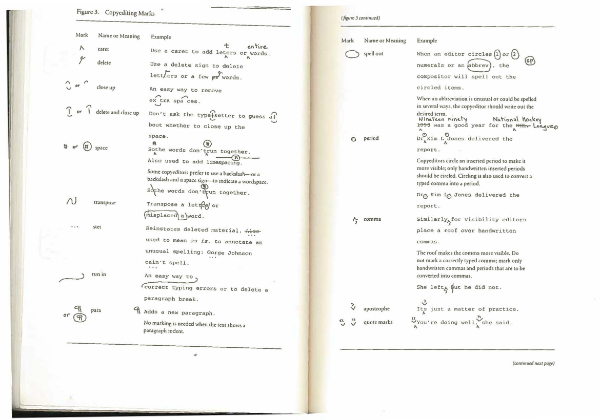
August 5, 2019
Call for applications: LPC Fellowship Program
By Melanie Schlosser
** Update: We will be hosting two online information sessions about the Fellowship Program, on August 20th and September 3rd. See details and connection information.**
**Update: The first information session was recorded: view here.**
We’re excited to announce a call for applications for the second round of the LPC Fellowship Program. The fellowship program is intended to encourage participation in the LPC community by important voices who are not a member institution, to broaden access to library publishing to underrepresented groups, and to mentor new library publishers. Fellowships span 2 years, beginning on October, 2019 and ending on September 30, 2021. Up to two fellows will be selected. Applications are due September 6, 2019.
LPC Fellows receive numerous benefits, including access to LPC member resources, travel support to attend the Library Publishing Forum each year of the fellowship, and quarterly mentorship meetings with LPC staff and leadership.
Fellows are expected to undertake a service commitment within the LPC, write 2–3 blog posts per year for the LPC blog (previous posts can be found in the Fellows Journal category on the blog), and present at the 2020 and 2021 Library Publishing Forums. The LPC Fellowship Program is flexible and can be customized to a Fellow’s interests, with the opportunity to engage in research, work with the Library Publishing Curriculum, or propose another project that would enhance library publishing.
For more details about the fellowship, visit the program webpage or email contact@librarypublishing.org.
Application Details
Candidates should be:
- Currently employed in a library that is not a member of the Library Publishing Coalition
- New to library publishing (applicants need not be early career librarians but should have become engaged in library publishing within the last 3 years)
- Able to attend the Library Publishing Forum at least once during the fellowship (travel support is provided – see the full program description for details)
- Able to dedicate 1–2 hours per week to the fellowship throughout the 2 years
Fellows will be selected by the Board based on the following criteria:
- Strong candidates will have professional responsibilities related to library publishing in their current position, which could include running a publishing program or developing a new program.
- Strong candidates will have a demonstrated commitment to professional development in library publishing or scholarly communication. Candidates who are interested in sharing the knowledge and experience they gain during their fellowship with other professional communities will be prioritized.
- Strong candidates will bring new perspectives to the LPC community. Candidates from underrepresented groups or regions that do not yet have professional communities related to library publishing will be especially competitive.
- Fellows will be expected to communicate with the LPC community through writing and presenting. Strong communication skills are required.
Applications are due September 6, 2019, and all applicants will be notified by September 30th. Applications will include:
- An application form (demographic info, etc.)
- A C.V.
- A writing sample
- A letter of support from library dean or supervisor (as appropriate)
Learn more and apply at: https://librarypublishing.org/get-involved/lpc-fellowship-program/








